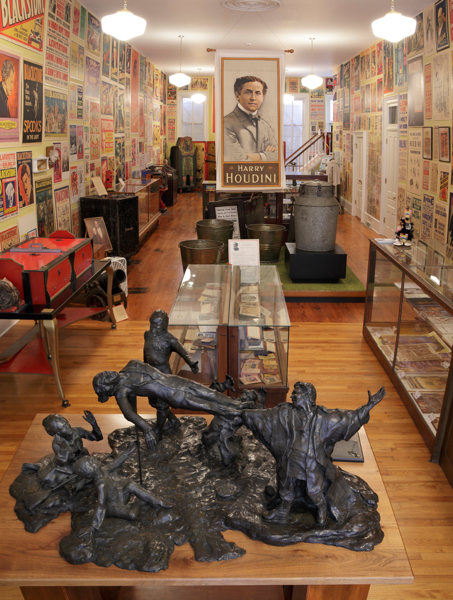Museums and Society

MUSEUMS 301 serves as the gateway course to students' formal understanding of the field of museum studies. Students will be introduced to the three thematic areas that form the basis for the new museum studies curriculum: institutions; objects and collections; and society. The course will emphasize history and theory as they relate to the main thematic areas of the course with the goal of establishing a strong foundation upon which subsequent MUSEUMS courses and electives can build. Ideally theory and practice inform one another, so history and theory will be juxtaposed with current museum practice. Students should emerge from this course with a historical/theoretical understanding of institutions, objects and collections, and society as further informed by an awareness of contemporary museum practice.
Using this basic approach, MUSEUMS 301 will address a host of compelling issues. The areas of institutions, objects and collections, and society alone offer sufficient opportunity for study. However, the goals of this course are broader: identifying critical areas of overlap as potential subjects for study, e.g. how displays of objects have been used to represent ethnic, racial, and religious issues; the responsibility of public museums to the greater community; and how changes in museum ethics may affect museum collecting policies. In a similar vein, the course will be further enlivened through direct engagement with museums, museum collections, and contact with museum professionals. Student assignments will include the study of museum artifacts, museum policy, and the design of museum exhibitions. This course will offer the secondary benefit of enriching students' understanding of their home discipline. Considerable new content knowledge, enhanced critical thinking and analysis, and new theoretical bases from which to draw are likely to advance student learning in virtually any discipline. Having acquired a basic "museum literacy," graduates of the course will be prepared to actively engage with the considerable resources of the world's museums and become potential stewards of our shared cultural and intellectual heritage.
This course fulfills the LS&A Humanities distribution requirement